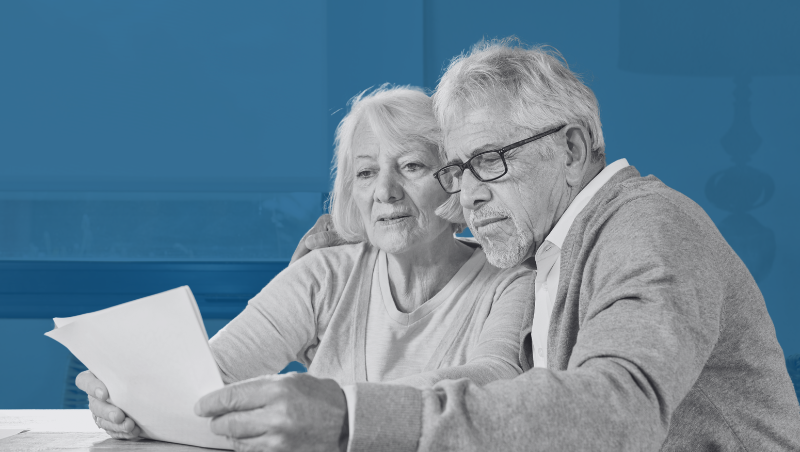The Philippines has the second-highest personal income tax in the ASEAN region. This is a fact every tax-paying person in the country knows. An employed Filipino only has to look at their pay slip to easily confirm that.
In an effort to modernize the country’s decades-old tax code, Pres. Rodrigo Duterte signed the Tax Reform for Acceleration and Inclusion (TRAIN) Law in December 2017. Its first tranche of reforms came into effect in January 2018, drawing mixed reactions.
On one hand, lower personal income taxes meant working Filipinos could take home more of their hard-earned money. On the other hand, prices of automobiles, petroleum products, sugared beverages, and tobacco increased due to higher excise taxes.
2019 delivers TRAIN’s second package of reforms, and they can have a huge impact on every Filipino. Take a look at the highlights below:
VAT-exempt medicines
In 2019, select drugs used to manage hypertension, high cholesterol, and diabetes will become VAT-exempt. In effect, these will become more affordable for millions of Filipinos suffering from said ailments.
Further, the Bureau of Internal Revenue (BIR) released Revenue Memorandum Circular No. 4-2019, mandating that these drugs be clearly labeled as VAT-exempt in sales invoices.
For the whole range of VAT-exempted medications, you may refer to the Food and Drug Administration’s official list.
More excise taxes on fuel and mineral products
Fuel products will continue their price hike in 2019, with some increasing by up to P2.00 a liter. Not only does this mean having to pay more at gas stations, but this also translates to higher prices for everyday goods due to higher transportation costs.
Mineral products such as coal will also see a P50 increase in excise tax per metric ton. Since coal is one of the most widely used fossil fuels in the energy sector, this could also mean higher electric bills for households.
Creditable withholding tax maxed at 15%
In the past, creditable withholding tax could be assigned up to 32%. After TRAIN’s second package, this shall be capped at just 15%.
This amendment presents both pros and cons. The upside is that the payee can keep more of their gross pay for the time being. However, this also means that payees need to pay more come tax season as they still need to settle the balance on their tax obligations.
Freelancers and the self-employed should make it a habit to request a Form 2306/2307 from clients, and to allot part of their income to tax payments.
Bigger Unconditional Cash Transfers (UCT)
Indigent families will receive a UCT of P300 per month, up by P100 from 2018. The UCT is a tax subsidy designed to help poor families cope with the price increases brought about by a higher excise tax on fuel products.
The TRAIN Law brings with it new benefits, but also plenty of new rules and regulations. Hence, individuals and business must be even more vigilant to ensure that they comply with these new laws. If you or your company needs guidance on navigating today’s tax landscape, get in touch with Duran & Duran-Schulze Law at (+632) 478 5826 or info@duranschulze.com.







